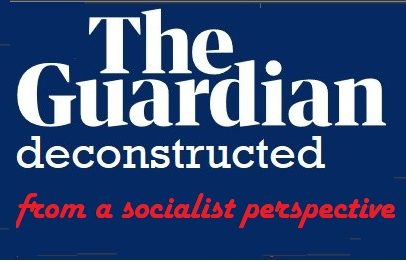What is Trumpism? Part 4: the White Working Class
Introduction In the previous post What is Trumpism? Part 3: Race, class and nation, I started to identify what constituted the social base of Trumpism. In that post, I showed …
Introduction In the previous post What is Trumpism? Part 3: Race, class and nation, I started to identify what constituted the social base of Trumpism. In that post, I showed …
We knew he was a bore and boor. Now we have learned that Donald Trump is an honorary Boer. When he turned his attention to South Africa on Wednesday, it may come as no …
What is Trumpism? Part 2- The Old, the New Working Class and National Identity In my previous post What is Trumpism? Part 1- The Root of the Problem, I developed the idea …
a Introduction Like everyone else I know, I have been shocked by the first few days of the Trump presidency. The man seems to be worse than my worst expectations. …
Introduction I am part of a WhatsApp group of Portuguese tracking the electoral rise of the far right and trying to understand the reasons for it. It started as a …
On Sunday 24th January last, Portugal held presidential elections. This was an event largely ignored by the British press. The Guardian reported the outcome online here. The elections were largely …
In Part 1 of this blogpost, I referred to Black Lives Matter (BLM) being a movement that challenges the self-image of nations whose symbols and icons include celebration of their …
When the statue honouring slave trader Edward Colston was toppled from its plinth in Bristol by a crowd of young people and thrown into the river, the new Labour leader …
I am writing this on the day that Boris Johnson, having been elected leader of the Conservative Party by a huge majority, becomes prime minister of the country to the …
Fake News is a term that has become ubiquitous in the media. Its symbolic significance is as great as its meaning is obscure. The symbolic significance is related to the importance that people attach to differentiating the truth and reality from lies and distortions.
The complexities associated with the use of the term has parallels with those raised by attempts to understand the term “populism”.
In 1992 French sociologist Pierre Bourdieu published an interview which is highly relevant to the understanding of populism and fake news today.
In this post I set out Bourdieu’s views and explain how they help us to understand the phenomenon of populism. I will analyse the relation of this to the ubiquity of the term fake news in the traditional media in a subsequent post.
